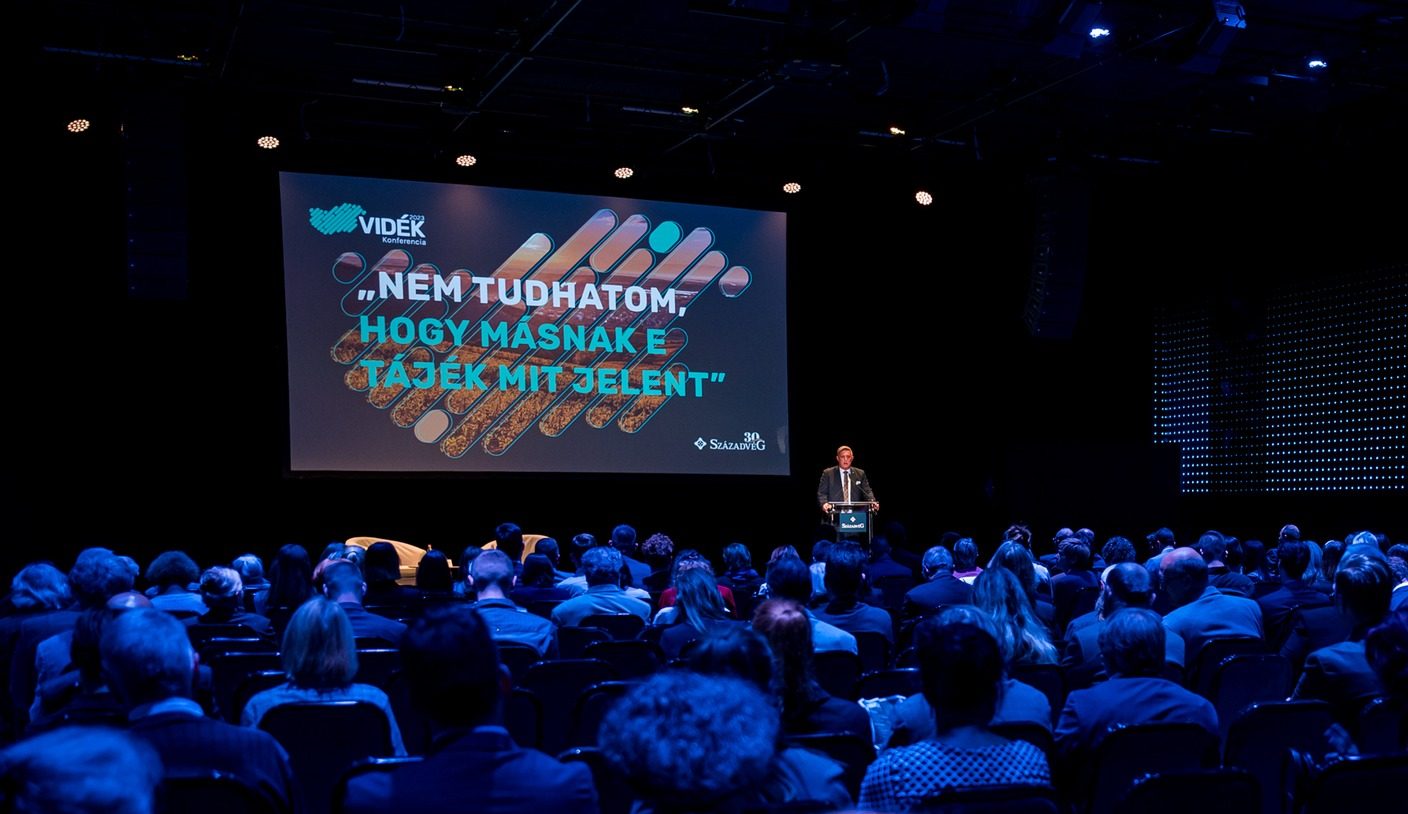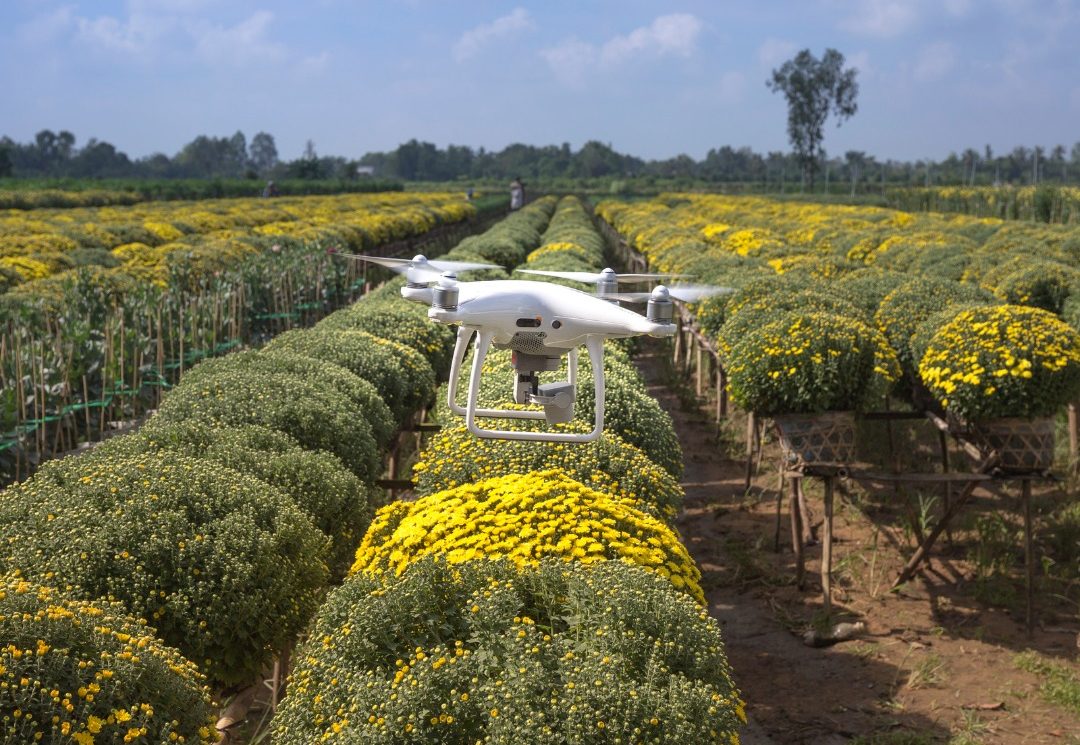
The President of the National Chamber of Agriculture highlighted the difficulties facing Hungarian agriculture.Continue reading
As the agricultural season draws to a close, an increasing number of farmers are finding that the time is here for modernization, writes Világgazdaság. With precision agriculture principles, the more targeted farmers can protect their crops, the better the results they can expect, and the sight of spraying drones over fields will become more common than tractors.
Crop protection drone piloting is an emerging new profession that has been little heard of, but with each passing season there is a growing demand in agriculture for professionals who, with the right licenses and experience, can carry out crop protection tasks and spraying with the help of drones.
There are many arguments in favor of spraying with drones in precision agriculture:
Electrically powered, lightweight machines can be used by professionals to carry out spraying when conventional technology is limited.
Thanks to sensors, mapping, and planning software, the efficiency of the work is increased, and this is reflected both in time and cost. At the same time, many people see droning as an easy and quick way to make money, however buying a spraying drone is not enough- an aggregator, spare and replacement batteries, and an additional monitoring drone are also needed.

Photo via Facebook/Lidrone
There are also significant personnel costs:
in addition to the drone pilot, a flight monitor is needed, as well as a preparatory person, and of course, a professional supervisor.
Plant protection expert László Jordán said that “obtaining a drone pilot qualification requires a lot of learning, but even more important is the amount of experience that cannot be gained in a course but only in practice.” Hence, it is not certain that all farmers will find it worthwhile to buy a drone and that the ‘intellectual capital’ invested will be recouped.
Both agriculture and construction can make good use of drones, as aerial photography is not only as accurate as a field visit, but can also provide insights into sites that are inaccessible or dangerous to visit.
Ágnes Csipak-Török, Managing Director of Légtér.hu, said that the legal framework for drone pilots is provided by European Union regulations, while spraying regulations are the responsibility of the Member States, so if someone is planning to carry out similar activities abroad, they should always check local regulations.
As the demand for trained drone pilots increases, so does the number of inspections by the authorities to detect unlicensed sprayers.
Sprayers can be inspected on the spot by the National Food Chain Safety Office (Nébih), the local government office, and can also be inspected for flying. Furthermore, the number of checks is increasing, with 35 this year, according to the office.
Via Világgazdaság, Featured image via Facebook/Lidrone